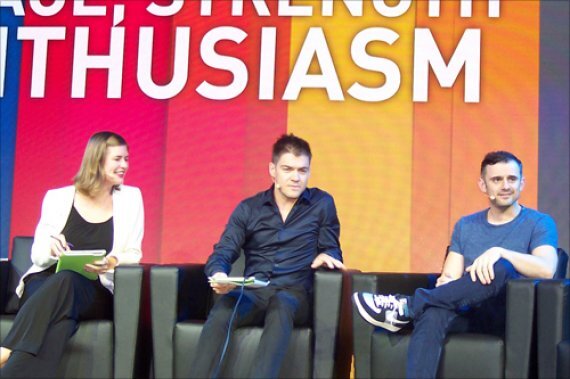
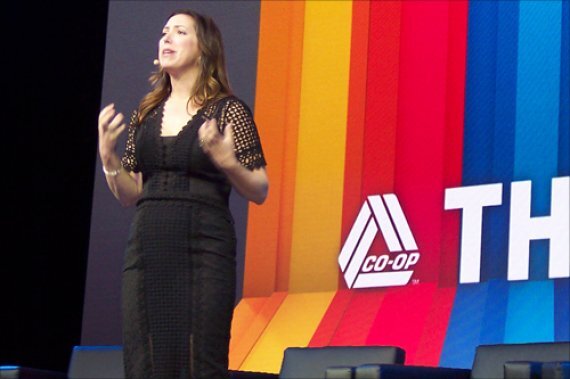
Living Up to People Helping People
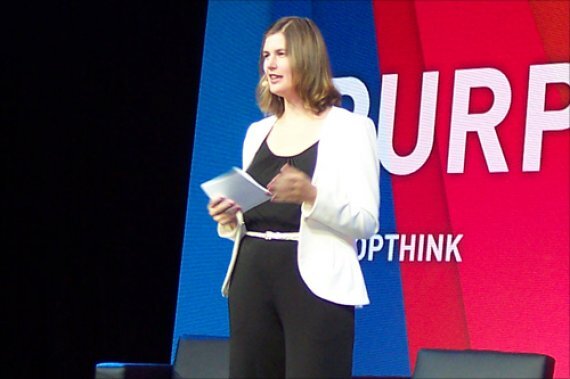
How to Be Worthy

Connection is the Key
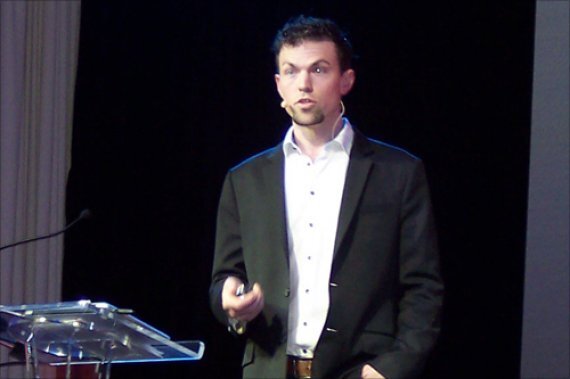
When Your Purpose is Questioned
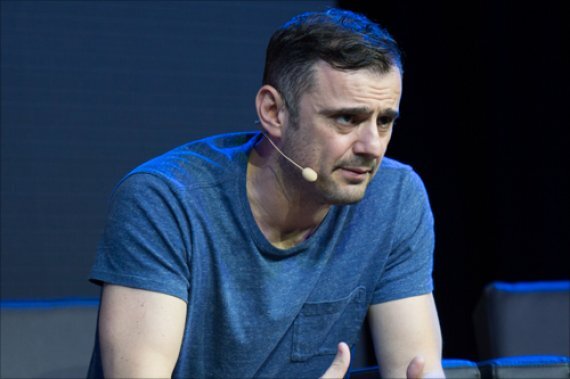






The Consumer Financial Protection Bureau said the new oath was necessary because prior leadership engaged in what it describes as "thuggery" during exams. Former CFPB officials rejected the agency's characterization of past actions.
Regulators officially ended the high-profile enforcement action over the 2020 breach, a move applauded by security leaders fearing personal liability.
A recent $450 million loan is par for the course at Beal Bank USA, which has developed a reputation for seeking out nine-figure loans backed by tangible property.
Saul Van Beurden, Wells Fargo's consumer banking CEO and former head of technology, will lead the way on harnessing artificial intelligence.
The Montreal-based bank brought its earned media value up to $1 million by building an internal system for employees to share social posts about BMO.
American Banker's newest ranking will recognize 50 bank executives leading innovation at their companies or in the industry at large.